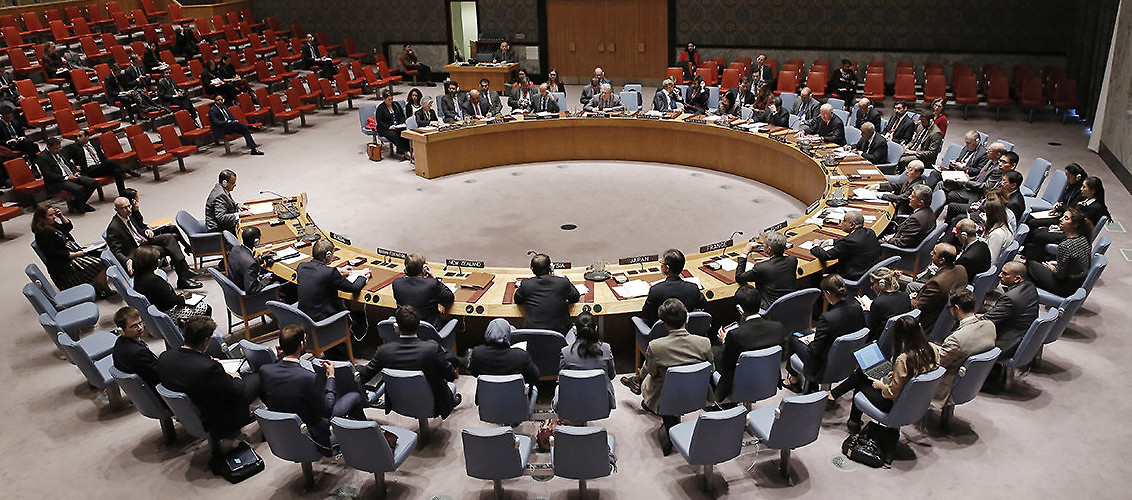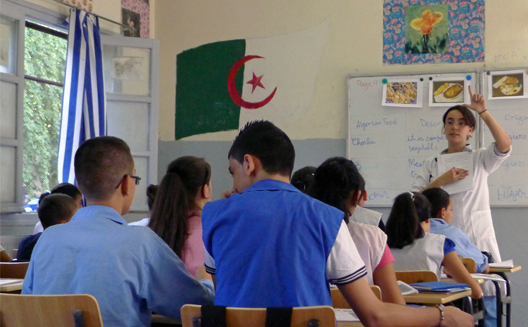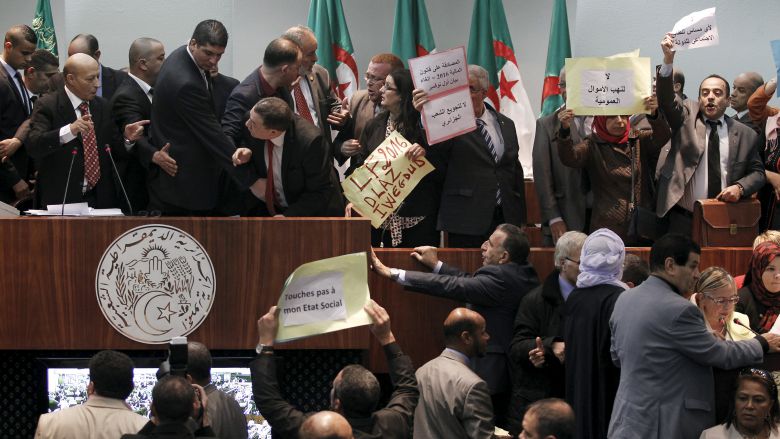The Polisario and its mentor Algeria have suffered a new setback in their new strategy to hassle Morocco economically through challenges filed by European proxy NGOs, with a painful blow by the UK’s justice system rejecting a challenge to a trade deal with Morocco covering the Sahara.
The new resounding failure adds to past desperate legal challenges to pose obstacles to Morocco’s farm and fisheries deals with the EU, despite renewed attempt to block these deals.
After direct Polisario interventions in South Africa, whose biased legal system once held hostage a phosphates cargo from the Saharan provinces before it let the ship back to its lawful owner, the Polisario is now relying on sham NGOs paid by Algerian tax-payers’ money and used as pawns such as Western Sahara Campaign WSC and Western Sahara Resource Watch WSRW.
The two NGOs take advantage of the freedoms of association in western countries to defend the separatist agenda of Algeria in North Africa via attacking Morocco’s economic interests with Western countries.
They also turn a blind eye to the grave rights violations facing the population held against their will in the Polisario-run camps in the Algerian territory where they are denied the freedom of association and movement. However, the two associations show unashamed activism in line with Algeria’s new failed strategy of undermining Morocco’s economic deals.
Undeterred by past legal setbacks since 2017, Algeria outsourced direct legal challenges by the Polisario to mercenary NGOs like WSC and WSRW. The Polisario was dismissed as not eligible to plea or claim to represent the population in the Sahara who have their own legitimate elected bodies. This has been stressed by a European Court of Justice (ECJ) ruling that stressed that the separatist front is unqualified to challenge the Moroccan-EU agricultural agreement and that the agreements “do not concern the Polisario Front.”
In Latin America, precisely in Uruguay, the Polisario attempted to incite a Uruguayan court to order the seizure of a 300-ton shipment of Moroccan phosphate. But, although Uruguay backs the Polisario’s separatist thesis, it turned down the request to seize the shipment as Panama rejected a similar demand in 2017.
The Panama Maritime Court had then rejected the Polisario’s request to seize the “Ultra Innovation” ship that had left the Moroccan port of Laayoune with a shipment of phosphate from the Phosboucraa deposits in the Sahara.
The Polisario had also incurred a hard blow within its other African ally South Africa, after the Kingdom’s phosphate company, OCP, restored in 2018 ownership of a 55,000 tons of phosphates rock unlawfully held in 2017 following a legal challenge.
The Polisario’s vain attempt to use the justice system of its allies to hinder the flow of Saharan phosphates to international destinations is a vicious attempt to undermine Morocco’s economic interests.
Phosphates production and related industries, an area of excellence for Morocco, has been key in the Kingdom’s African foreign policy. The state-owned phosphate company has been investing in African states and signed two landmark fertilizers production deals with Nigeria and Ethiopia, Africa’s most populous countries.



